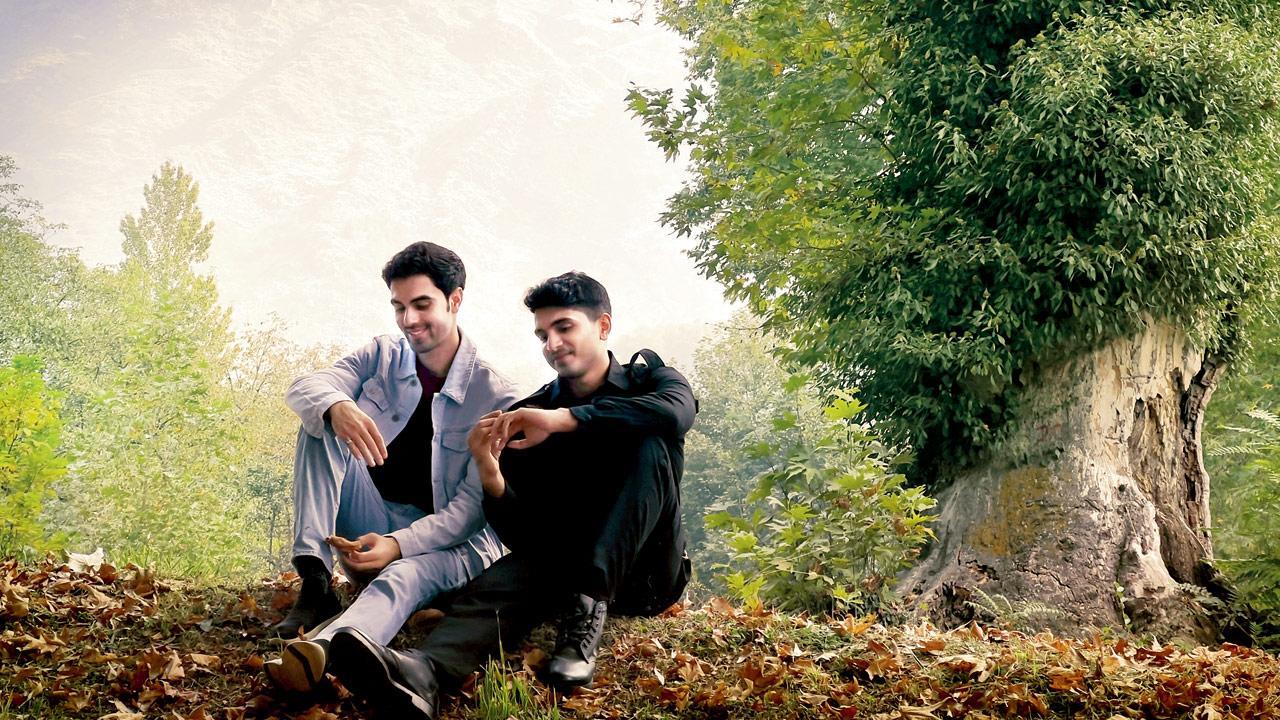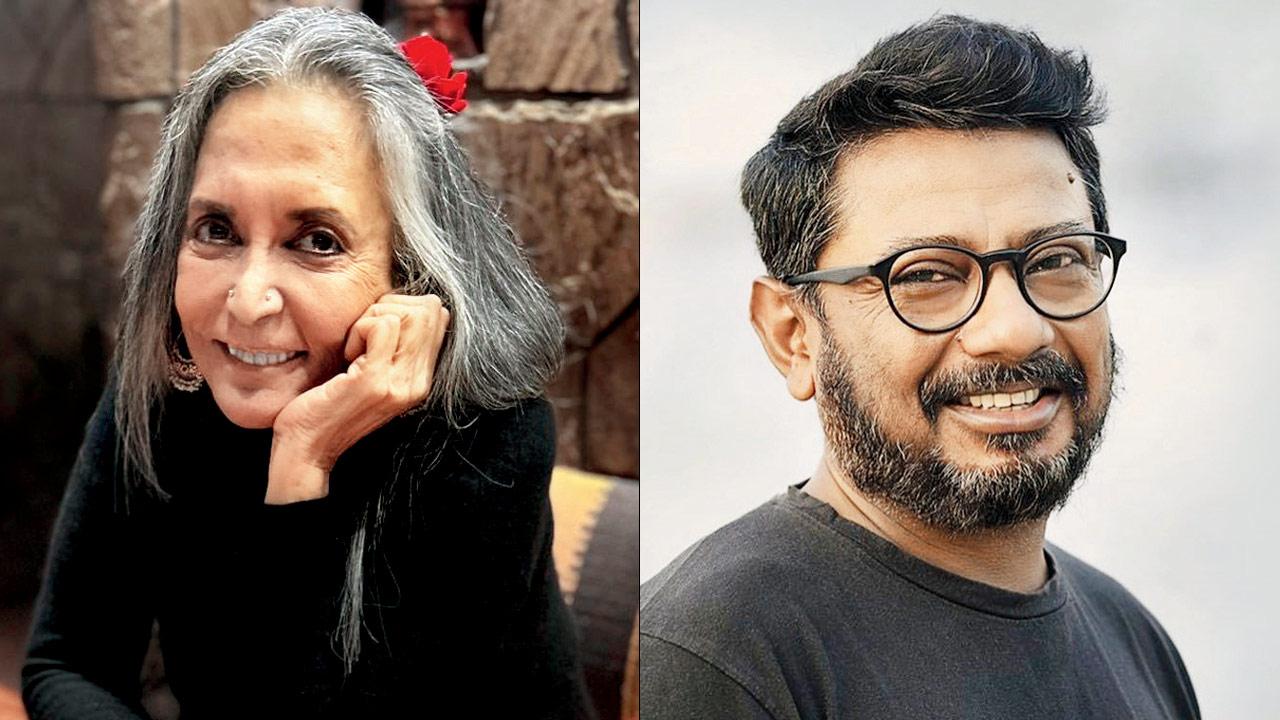As Fire filmmaker Deepa Mehta joins We Are Faheem & Karun as a presenter, director Onir says the queer love story questions why empathy is rare despite the SC’s decriminalisation of homosexuality in 2018

Actors Tawseef Mir and Akash Menon in the film
In 2022, when the Ministry of Defence (MoD) had rejected the script of one of his feature films in the We Are anthology, a disappointed but resolute Onir had told mid-day, “If you tell an artiste no, he will still make the film” (May not have the resources to fight long legal battle, Jan 24, 2022). Two years on, the result is for all to see. The director is ready with We Are Faheem & Karun, a queer love story set against the turbulent backdrop of Kashmir. As the feature film, the first instalment in Onir’s We Are series, gears up for its première at the Dharamshala International Film Festival, Fire (1996) filmmaker Deepa Mehta has come on board as the presenter.
ADVERTISEMENT
Mehta says she was deeply moved by the film’s exploration of emotions and societal themes. “We Are Faheem & Karun’s themes of love, friendship, and duty are profound and universal. It is essential to highlight the heartbreak and humanity in geopolitical conflicts. Stories like this are so important right now,” she says, batting for the movie that stars actors Tawseef Mir and Akash Menon.

Deepa Mehta and Onir
The film was inspired by the life of a former major, who came out as gay and had to leave the Indian Army as LGBTQIA+ individuals cannot officially serve in the military. However, the MoD rejected the script over the “illegal” depiction of a queer soldier and refused to grant it a No Objection Certificate (NOC). The film was then reimagined as a same-sex love story of Karun, a security guard from Kerala stationed at a construction site in Kashmir, and Faheem, a local Kashmiri college student.
Using his voice to push for queer identity in mainstream movies, Onir says that despite the setback, he has ensured that We Are Faheem & Karun stayed true to the story he intended to tell. Reflecting on its themes, he shares, “Like I Am [2010], this speaks about identities. This is special for me as it’s set after the 2018 Supreme Court judgment on IPC 377. The film portrays that in spite of the judgment, we, as a society, are so fragmented that acceptance in many spaces is still difficult, and young queer individuals still struggle to be proud about who they are. This film seeks empathy and kindness, and speaks of the loss and pain that is inflicted on individuals. Why would the acceptance of something that doesn’t affect your personal life be so difficult?”
 Subscribe today by clicking the link and stay updated with the latest news!" Click here!
Subscribe today by clicking the link and stay updated with the latest news!" Click here!








